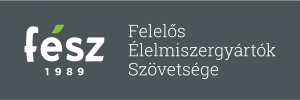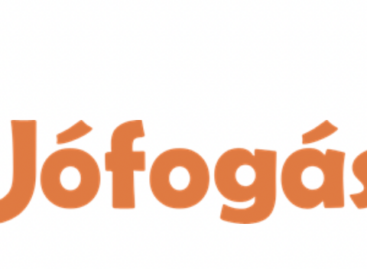Tamás Éder: “We can’t even make plans for the next day, let alone for the next few months”
Trade magazine met Tamás Éder, president of the Federation of Responsible Food Manufacturers (FÉSZ), and asked him about the federation’s past results and future plans.

This article is available for reading in Trade magazin 2023/6-7.

Tamás Éder
president
FÉSZ
– What results did the Hungarian food industry produce in 2022?
– The first part of 2022 was a relatively good period, with dynamically growing demand for FMCG products. As for the second half of the year, the Russia-Ukraine war and its negative consequences already had their effect felt, plus the inflation was speeding up, so consumer demand was diminishing month by month in this 6-month period. Food, drink and tobacco production was up 6.5% in volume. Export increased by 10% in volume if compared with the previous year, but domestic sales only augmented by 1.2% in volume. Although the food industry’s sales revenue increased significantly because of the rising prices, ingredient and energy prices also elevated. Food, drink and tobacco product manufacturers could sell their products to retailers for 34% more on average than a year earlier.
– Which sector had to face the biggest problems last year?
– Rapidly growing raw material and ingredient prices affected every sector. New waves of the bird flu also caused problems for many food processing firms. It must be mentioned that mills in the Great Plain region of Hungary were in a worse position because of the drought than those west of the Danube. For a long time there wasn’t enough cereal available and there were quality issues too.
– Were there new regulations or problems in the world market that had a negative influence on the sector?
– Constantly growing prices and skyrocketing energy costs. The weakening of the forint also made life difficult for food companies. We can say the same about the price cap that the government imposed on certain food essentials. Retailers did everything to pass on the burden of this to their suppliers, and this created an uncomfortable situation. It was also last year that the public health product tax (NETA) increased and it was extended to new categories too.
– What did FÉSZ do to help the different sectors of the food industry last year?
– In 2022 our most important task was to get as much help from the government as we could in the extraordinary situation that had developed. FÉSZ participated in the process of requesting state subsidies for businesses, to compensate for the growing energy prices. We were lobbying hard against the extension of NETA in various ministries. FÉSZ was also present at the most important negotiations about the circular economy and the implementation of the European Union directives regulating single-use plastics.
– Which problems are still waiting to be solved?
– Our biggest problem is managing the effects of growing production costs. Rising prices and diminishing consumer income generate market trends that are unfavourable for most companies along the product path. We are also afraid that cheap imported food products will become more dominant once again.
– What activities have you got planned for 2023?
– Primarily FÉSZ members want the federation to represent their interest in the domain of the sector’s legislative background. We will also be active in connection with the new rules related to the circular economy, and FÉSZ would still like to see the NETA rules modified in a way that fewer products fall under the tax’s scope. Otherwise I am sure there will be lots of emergency tasks, as in this unstable economic environment we can’t even make plans for the next day, let alone for the next few months. //
Related news
There is no circular breakthrough without a strategy – survey on the domestic state of the circular economy
🎧 Hallgasd a cikket: Lejátszás Szünet Folytatás Leállítás Nyelv: Auto…
Read more >Millions of items sold out in a single day, but free stuff is the most popular – here are the second-hand market trends for 2025
🎧 Hallgasd a cikket: Lejátszás Szünet Folytatás Leállítás Nyelv: Auto…
Read more >








